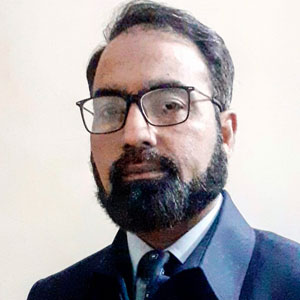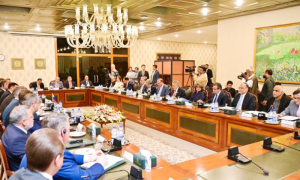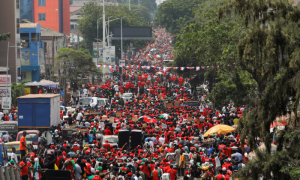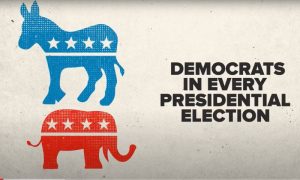Proper functioning of democracy depends upon the performance of ruling and opposition benches. Parliamentary form of democracy cannot thrive without active contribution of opposition. In simple words, sustainability of democracy is a shared responsibility between government and opposition. Absence of potent opposition may lead to a governance system in which ruling party exercises state authorities without any fear of check and balance.
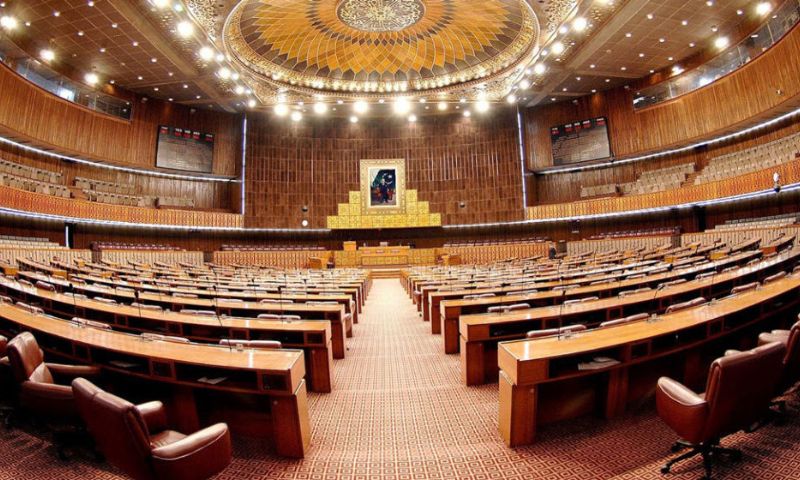
Opposition, how small it may be in numbers, is always needed in parliament to keep the rulers under close check. Unfortunately, output of parliament in our toxic political environment is much below the satisfactory standards. A dispassionate diagnosis of the prevailing system is essential prior to searching for the remedies.
What is wrong with the system?
Despite the sizeable number of representatives on both ruling and opposition benches, parliamentary system is unable to deliver the promised results to the voters. Prolonged non-deliverance is gradually reducing the public’s trust on the parliament as a representative body empowered constitutionally to run the state affairs. Problems confronted by the masses have turned more complex during past two terms. During these years, all houses of the parliament at center and provincial level were very much functional. Unlike the bitter democratic pauses of 80s and 90s, electoral cycle also kept moving uninterruptedly.
Dispassionate review of the parliament’s persistent irrelevance with the public issues leads to following grey areas:
One, political parties with various degree of representation in the upper and lower houses have failed miserably to act as responsible stakeholders of the parliamentary system. Stagnancy of the system is evident from the absence of democracy in respective party structures.
Two, non-democratic tendencies like hereditary grip and cult style blind followership of a specific personality have spoiled the political culture. Subsequently, non-deserving opportunists manage to reach in the parliament through undemocratic manipulations. This cadre of parliamentarians usually neglects public issues and strives hard to appease the party leadership.
Three, non-acceptance of election defeat has become a new norm in political culture. Rhetorical rigging accusations and lousy redressal mechanism have damaged the public trust on election process.
Four, major political parties are allocating maximum energies on confrontation, media theatrics, verbosity and manipulations. Ongoing political confrontation between PMLN-PPP and PTI is the most relevant example to comprehend the parliamentary paralysis.
Five, apparently political parties especially the ruling regime are least pushed about the fulfilment of election promises made in manifestoes. Consequently, parliamentary houses have significantly lost the ability to act for the welfare of the voters according to the spirit of constitution.
Restoration of democratic process in the parties at grass root level would help in eradicating the hereditary grip and cult-culture. Lifetime party leadership may also be curtailed through requisite legislation. Awareness among the voters should be enhanced about the fulfilment of election manifestoes. Parties and their nominated candidates should be held accountable for bad performance through vote.
Appropriate legislation is required to finish the culture of baseless allegations revolving around corruption, rigging and treachery. Role of media is very important in reshaping the toxic political culture. Immature and inconclusive sensational debates on screens and digital platforms are some of the main sources of perpetuating political toxicity and chaos. Self-censorship and institutional regulatory mechanisms can effectively substitute the negativity with constructive mindset.
National stability primarily depends upon the balanced functioning of all state institutions as per the dictates of the constitution. Hollow verbal claims of constitutional supremacy are insufficient. Political stakeholders should act responsibly and take a break from the toxicity. The severity of economic, security and diplomatic challenges merit a serious head on shoulders.









